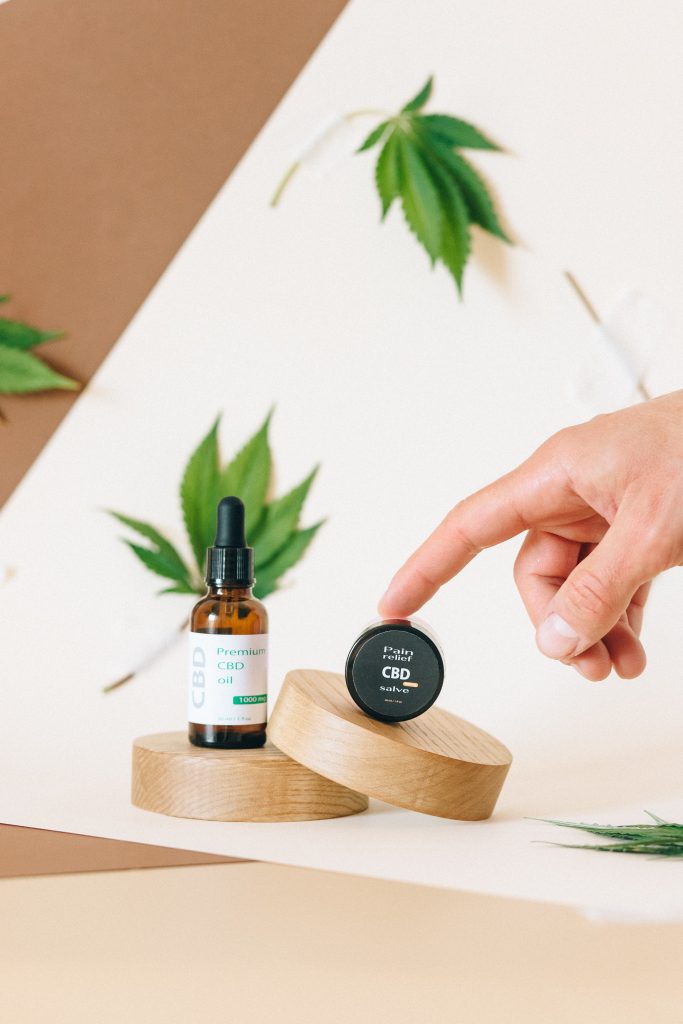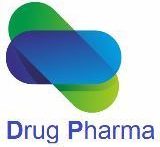
Understanding the chemicals (ingredients) listed on a beauty product’s label may be challenging. Social media posts and marketing material frequently refer to trendy ingredients that you can’t live without. Some of the essential elements include hyaluronic acid, plant-based ceramides, and CBD, but do they improve the condition of your skin? See which keywords are worth using and which you should avoid below.
Skincare on social media, according to Mary Sommerlad, MD, a consultant dermatologist for Vichy headquartered in London, is a two-edged sword. She suggests getting advice on skin care from trustworthy doctors or from skincare businesses that work closely with skincare experts.
Important Ingrendients
Some of the top most important ingredients for skin products are:
- Sunscreen: Sunscreens are essential to protect the skin from the harmful effects of UV rays, which can cause sunburn, premature aging, and even skin cancer. Look for products that contain broad-spectrum sunscreens with an SPF of at least 30.
- Antioxidants: Antioxidants like vitamin C, vitamin E, and green tea extract help protect the skin from damage caused by free radicals, which can lead to premature aging and other skin concerns.
Strong antioxidant vitamin E can shield skin cells from free radical damage and fortify the skin’s protective barrier. Foods, dietary supplements, topical lotions, and serums all contain it. The topical applications of vitamins E and C in medicines are frequently ineffectual, according to a 2016 assessment of vitamin E applications in dermatology. Vitamin E and vitamin C can work together in some circumstances to lessen the risk of UV damage and skin cancer. Together, vitamins C and E may effectively protect the skin, and zinc oxide, niacinamide, and vitamins C and E function well in sunscreen formulations (2).
Before using supplements, people should always see a healthcare provider. A tiny but increased risk of prostate cancer in males may result from excessive vitamin E intake(3).
- Azelaic acid: Acne and rosacea can both benefit from azelaic acid’s anti-inflammatory qualities. According to a review from 2020 (4), it was roughly as effective as tretinoin in treating acne but not quite as effective as benzoyl peroxide. According to a review from 2022, it was successful in treating rosacea. Items with a 15% or lower content require a prescription, however, those with a 10% or lower content are frequently sold without one (5).
- Retinoids: Retinoids are a type of vitamin A derivative that can help reduce the appearance of fine lines and wrinkles, improve skin texture and tone, and even out pigmentation.
Retinol is a vitamin A that can be acquired without a prescription, while retinoids need to be recommended by a physician or dermatologist. Differin gel is a retinoid used to treat acne, ward off wrinkles, and minimize fine lines. 2016 research claimed retinol offers “anti-aging” advantages, while 2017 research supported the use of topical retinoids in the treatment of acne (6) (7).
- Hyaluronic acid: Hyaluronic acid is a naturally occurring substance in the body that helps to keep the skin hydrated and plump.
- Alpha-hydroxy acids (AHAs): AHAs like glycolic acid and lactic acid are exfoliating agents that can help remove dead skin cells, improve skin texture and tone, and reduce the appearance of fine lines and wrinkles.
- Beta-hydroxy acid (BHA): BHAs like salicylic acid are also exfoliating agents that are particularly effective at unclogging pores and treating acne.
- Niacinamide: Niacinamide is a form of vitamin B3 that can help improve skin texture and tone. They reduce the appearance of pores and brighten the skin.
- Ceramides: Ceramides are lipids that help to strengthen the skin barrier and keep the skin hydrated. They can be particularly beneficial for people with dry or sensitive skin.
- Peptides: Peptides are short chains of amino acids that can help stimulate collagen production in the skin. They lead to improved skin firmness and elasticity.
A clinical trial in 2020 concluded that using Peptides may help minimize wrinkles when used topically for two weeks (8).
- Natural oils: Natural oils like jojoba oil, argan oil, and coconut oil can help moisturize and nourish the skin. While also providing antioxidant and anti-inflammatory benefits.
To Avoid
Several harmful or dangerous ingredients can be found in skin products. Which can cause irritation, allergic reactions, and even long-term damage to the skin. Some of the top most harmful/dangerous ingredients for skin products are:
- Parabens: Parabens are linked to hormone disruption and may contribute to the development of certain types of cancer.
- Synthetic fragrances: Synthetic fragrances can cause skin irritation and allergic reactions in some people. They may also contain harmful chemicals like phthalates, which have been linked to hormone disruption and reproductive problems.
- Sodium lauryl sulfate (SLS) and sodium laureth sulfate (SLES): They are harsh detergents often used in foaming cleansers and shampoos, and can strip the skin of their natural oils and cause irritation.
- Formaldehyde: Formaldehyde is a preservative that has been linked to cancer and can cause skin irritation and allergic reactions.
- Phthalates: Phthalates are chemicals used in some fragrances and plastic packaging. And it have been linked to hormone disruption and reproductive problems.
- Mineral oil: Mineral oil is a petroleum-derived ingredient that can clog pores and cause acne. It may also contain impurities that can be harmful to the skin.
- Triclosan: Triclosan is an antimicrobial agent used in some soaps and hand sanitizers. It has been linked to hormone disruption and may contribute to the development of antibiotic-resistant bacteria.
- Hydroquinone: Hydroquinone is a skin-lightening agent that can cause skin irritation and may lead to skin cancer with long-term use.
- Toluene: Toluene is a solvent used in some nail polish removers and hair dyes. It can cause skin irritation and may be harmful to the respiratory system.
- Formaldehyde-releasing preservatives: Formaldehyde-releasing preservatives like DMDM hydantoin and imidazolidinyl urea can release formaldehyde, a known carcinogen, over time.
References
https://www.instagram.com/drmarysommerlad/?hl=en
https://journals.lww.com/idoj/Fulltext/2016/07040/Vitamin_E_in_dermatology.18.aspx
https://www.ncbi.nlm.nih.gov/pmc/articles/PMC4169010/
https://www.ncbi.nlm.nih.gov/pmc/articles/PMC7193765/
https://pubmed.ncbi.nlm.nih.gov/32730109/
https://pubmed.ncbi.nlm.nih.gov/26578346/
